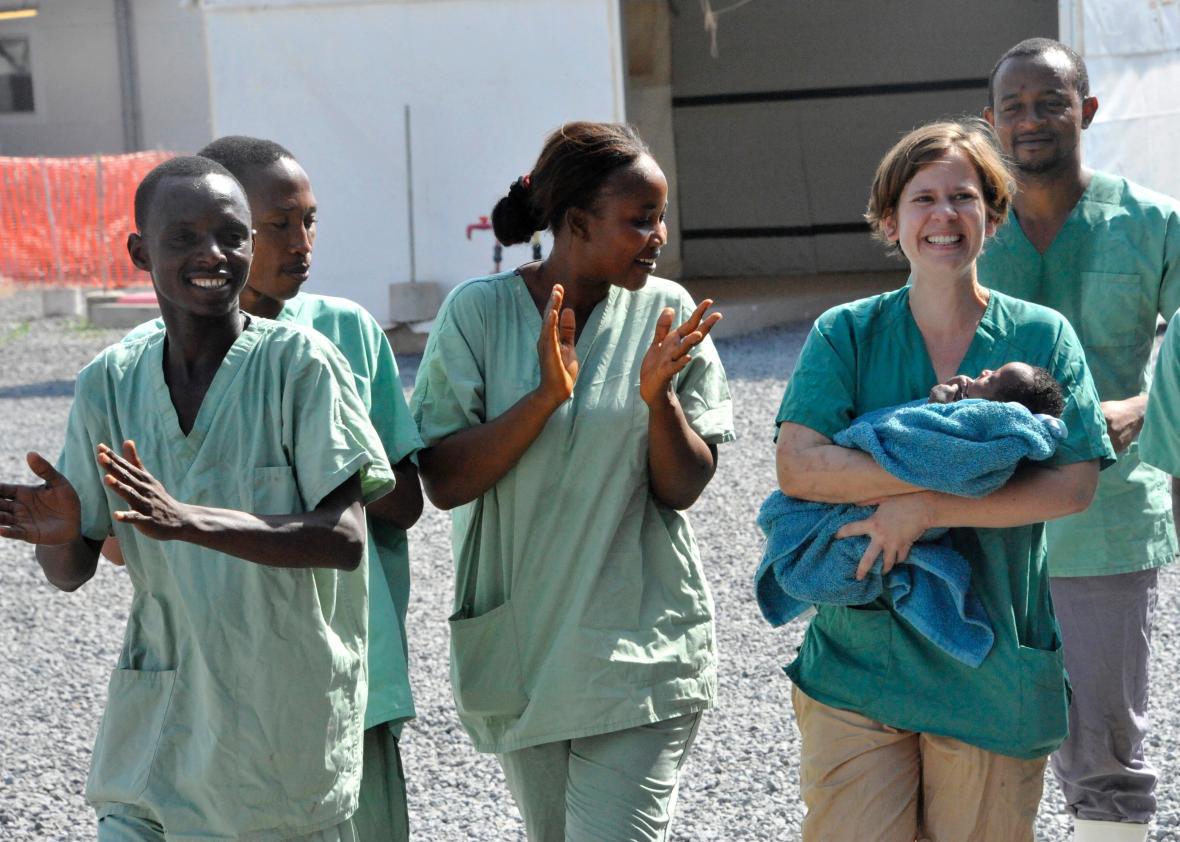The World Health Organization on Tuesday declared the Ebola outbreak over in Guinea, the country where the devastating global crisis began in 2013. The declaration was made after 42 days since the last person declared to have Ebola tested negative. Guinea now enters a 90-day period of heightened surveillance to make sure the disease doesn’t return.
Sierra Leone and Liberia, the other two countries devastated by the disease, which also killed smaller numbers of people in Nigeria, Mali, Europe, and the United States, were both declared Ebola-free last fall, but Liberia has seen several isolated cases since then. Researches believe those cases may be related to the persistence of the virus for up to nine months in the semen of male survivors. It also may linger in the eyes and spinal fluid for some, increasing the need for vigilance months after people stop getting sick.
Guinea saw a smaller number of deaths than the other two main countries with the outbreak—2,536 compared with 3,955 in Sierra Leone and 4,809 in Liberia—but has been dealing with the disease for the longest time. Researchers now believe that the first human case in the latest outbreak was an 18-month boy who developed the disease in December 2013 in the remote village of Meliandou, Guinea, near where the borders of the three countries meet. The infection likely involved contact with wild animals in an area where the surrounding forests had been destroyed by logging and mining.
The aftereffects of Ebola are likely to be felt for some time by Guinea and its neighbors. The country’s economy was devastated by the disease’s impact on foreign trade and domestic commercial activity. It’s total GDP losses are estimated at around $540 million. More than 100 health workers lost their lives in the outbreak. Trust in the government and health services, already low in a country with a reputation for corruption and a recent history of military coups, has been further damaged by how the country dealt with the disease.
It’s going to be a long road back, even under the best of circumstances, but for today, Guinea’s milestone is something to celebrate.
